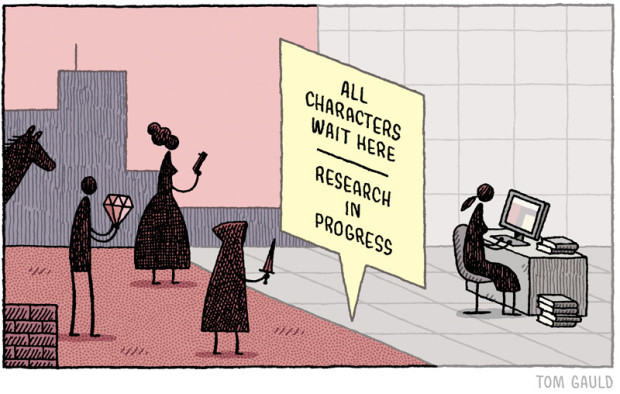At The Gothamist, Christopher Robbins talks to writer Robert Caro about New York and The Power Broker, his classic Pulitzer Prize-winning biography of city planner Robert Moses:
Moses had done something no one else had ever done. Everyone thought power comes from being elected. He wasn’t elected, he realizes he’s never going to get elected to anything, so he’s got to figure out a way to get all this power without getting elected, and he does it. I didn’t understand it, no one else understood it, even La Guardia says to him, “Don’t tell me what to do,” or whatever the quote is, “I’m the boss, you just work for me.”
And Moses writes, and I saw this letter in La Guardia’s papers, he sends back the letter and he writes across it, “You’d better read the contracts, mayor.”
I gradually came to understand that because he had done this thing, that no one else had ever done, gotten all this power without being elected, if I could find out how he did it and explain how he did it, I would be explaining something that no one else understood and I thought they really should understand, which is, how does power really work in cities? Not what we’re taught in textbooks, but what’s the raw, bottom, naked essence of real power?
I’m writing this book, and I suddenly say, God, this isn’t really a biography, this is a book about political power.
My favourite part of the interview, however, is at the beginning when Caro asks questions about The Gothamist. His response to Robbins’ explanation of Chartbeat is priceless:
Comments closedWhat you just said is the worst thing I ever heard.

